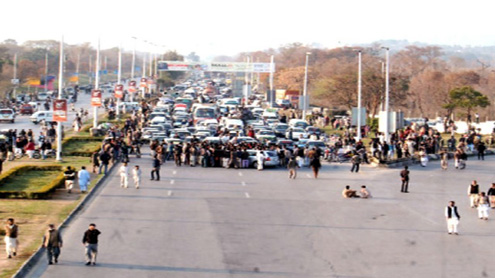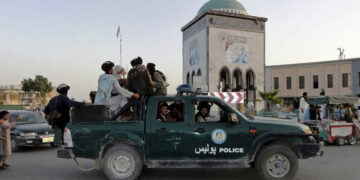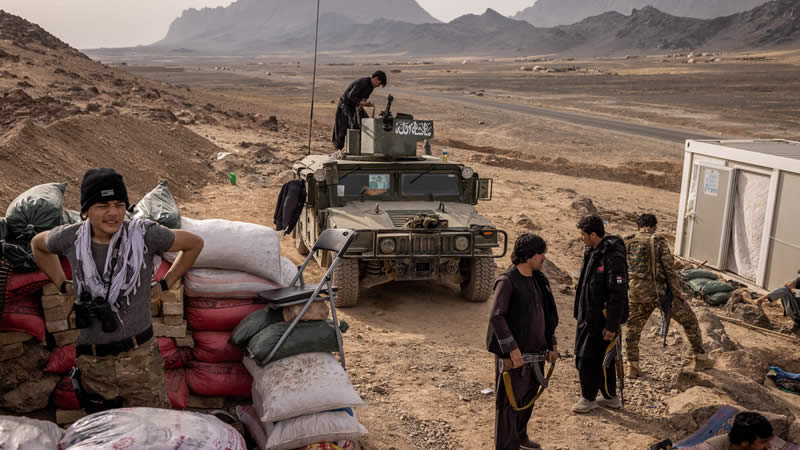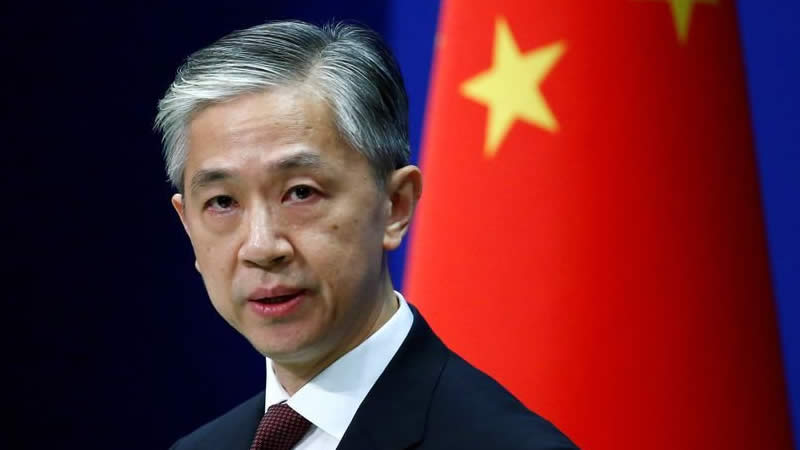 Opposition protestors blocked roads and railways in Bangladesh Tuesday after the government rejected their calls to postpone general elections scheduled for January.
Opposition protestors blocked roads and railways in Bangladesh Tuesday after the government rejected their calls to postpone general elections scheduled for January.
The Bangladesh Nationalist Party (BNP) and its Islamist allies called the new 48-hour action after the election commission announced the January 5 vote date, defying the threat of a boycott by the 18-party opposition alliance. The opposition immediately demanded a suspension of the date, saying they would not take part in any polls with current Prime Minister Sheikh Hasina still in power.
They want her to resign and make way for a vote under a neutral caretaker government. Violence erupted across the country Monday night immediately after Chief Elections Commissioner Kazi Rakibuddin Ahmad announced the plans and urged parties to take part in the contest for the 300-seat parliament. One protester was killed in a small blast and scores were injured as opposition supporters hurled dozens of crude bombs, clashed with police and blocked roads and railways in major cities and towns.
On Tuesday at the start of the blockade, a train was derailed at Gouripur, some 100 kilometre (60 miles) north of the capital Dhaka, after opposition supporters allegedly removed sleepers from the tracks, police said. “No one is injured. But it disrupted train communication between Dhaka and Mymensingh. We suspect the sleepers were removed by the opposition supporters,” Mymensingh police chief Moinul Haq told AFP.
Police said the train link between Dhaka and the port city of Chittagong had also been snapped since Monday midnight after opposition activists removed sleepers and tracks and tried to torch a railway bridge near the eastern town of Imambari. “We’re trying to establish the link as soon as possible,” local police chief Mohammad Moniruzzaman told AFP. Security has been tight in the capital with police and paramilitary border guards out in force, police spokesman Masudur Rahman told AFP.
Inter-region bus services were suspended, stranding thousands of passengers. Hasina has rejected calls for a caretaker government, and instead formed a multi-party interim cabinet last week which is largely composed of her allies. She asked the BNP to join the cabinet but her invitation was bluntly refused by the opposition. While previous elections have been organised by non-party caretaker governments, Hasina scrapped the arrangement in 2011.
She argued that the system had paved the way for the army to seize power in a country which has witnessed at least 19 coups since 1975. The announcement of an election date came after weeks of deadly protests by the BNP and its allies left at least 30 people dead and hundreds injured. -Dawn










